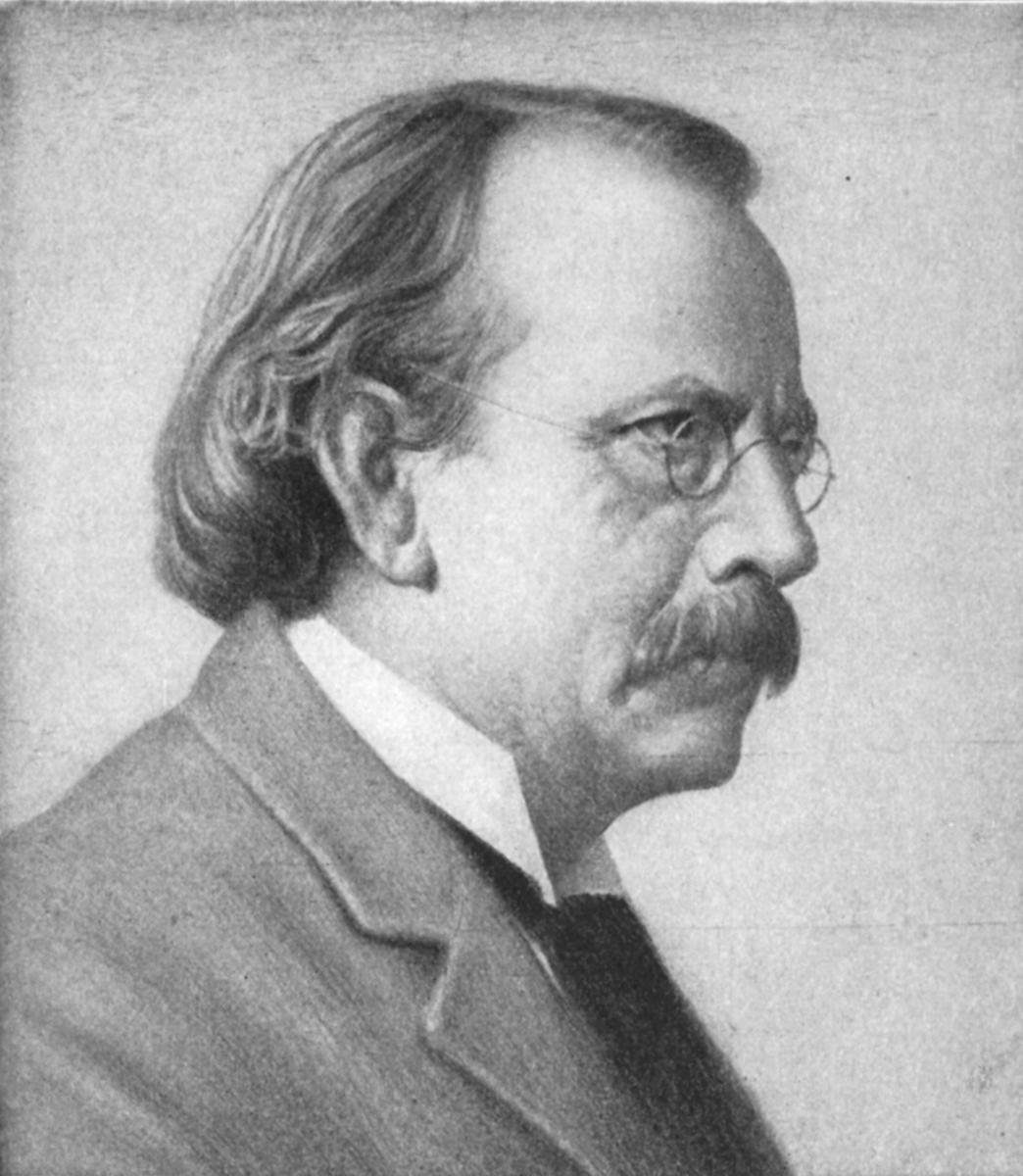Thomson 1904: Difference between revisions
No edit summary |
No edit summary |
||
| Line 1: | Line 1: | ||
<big><big>Electricity and Matter</big></big> | <big><big>Electricity and Matter</big>[https://archive.org/details/electricitymatte00thomiala/page/n15/mode/2up]</big> | ||
[[wikipedia:J. J. Thomson|J. J. Thomson]], D.Sc., LL.D., PH.D., F.R.S. | |||
[[ | |||
Fellow of Trinity College, Cambridge; Cavendish Professor of Experimental Physics, Cambridge | Fellow of Trinity College, Cambridge; Cavendish Professor of Experimental Physics, Cambridge | ||
| Line 27: | Line 25: | ||
==PREFACE== | ==PREFACE== | ||
[[File:Jj-thomson2.jpg|400 px|left]] | |||
In these Lectures given at [[Wikipedia:Yale University|Yale University]] in May, 1903, I have attempted to discuss the bearing of the recent advances made in Electrical Science on our views of the Constitution of Matter and the Nature of Electricity; two questions which are probably so intimately connected, that the solution of the one would supply that of the other. A characteristic feature of recent Electrical Researches, such as the study and discovery of Cathode and Rontgen Rays and Radio-active Substances, has been the very especial degree in which they have involved the relation between Matter and Electricity. | In these Lectures given at [[Wikipedia:Yale University|Yale University]] in May, 1903, I have attempted to discuss the bearing of the recent advances made in Electrical Science on our views of the Constitution of Matter and the Nature of Electricity; two questions which are probably so intimately connected, that the solution of the one would supply that of the other. A characteristic feature of recent Electrical Researches, such as the study and discovery of Cathode and Rontgen Rays and Radio-active Substances, has been the very especial degree in which they have involved the relation between Matter and Electricity. | ||
| Line 34: | Line 32: | ||
::Cambridge, Aug., 1903. | ::Cambridge, Aug., 1903. | ||
::J. J. | ::J. J. Thomson | ||
==CONTENTS== | ==CONTENTS== | ||
| Line 43: | Line 40: | ||
;Chapter II | ;Chapter II | ||
[[Thomson 1904/Chapter 2|Electrical and Bound Mass ]] | :[[Thomson 1904/Chapter 2|Electrical and Bound Mass ]] | ||
;Chapter III | ;Chapter III | ||
:Effects Due to the Acceleration of Faraday Tubes | :[[Thomson 1904/Chapter 3|Effects Due to the Acceleration of Faraday Tubes ]] | ||
;Chapter IV | ;Chapter IV | ||
: | :[[Thomson 1904/Chapter 4|The Atomic Structure of Electricity]] | ||
;Chapter V | ;Chapter V | ||
: | :[[Thomson 1904/Chapter 5|The Constitution of the Atom]] | ||
;Chapter VI | ;Chapter VI | ||
:Radio-Activity and Radio-Active Substances | :[[Thomson 1904/Chapter 6|Radio-Activity and Radio-Active Substances ]] | ||
Revision as of 09:47, 13 August 2025
Electricity and Matter[1]
J. J. Thomson, D.Sc., LL.D., PH.D., F.R.S.
Fellow of Trinity College, Cambridge; Cavendish Professor of Experimental Physics, Cambridge
With Diagrams
New York
Charles Scribner's Sons 1904
Copyright, 1904 by Yale University
Published, March, 1904
The Silliman Foundation
In the year 1883 a legacy of eighty thousand dollars was left to the President and Fellows of Yale College in the city of New Haven, to be held in trust, as a gift from her children, in memory of their beloved and honored mother Mrs. Hepsa Ely Silliinan.
On this foundation Yale College was requested and directed to establish an annual course of lectures designed to illustrate the presence and providence, the wisdom and goodness of God, as manifested in the natural and moral world. These were to be designated as the Mrs. Hepsa Ely Silliman Memorial Lectures. It was the belief of the testator that any orderly presentation of the facts of nature or history contributed to the end of this foundation more effectively than any attempt to emphasize the elements of doctrine or of creed; and he therefore provided that lectures on dogmatic or polemical theology should be excluded from the scope of this foundation, and that the subjects should be selected rather from the domains of natural science and history, giving special prominence to astronomy, chemistry, geology, and anatomy.
It was further directed that each annual course should be made the basis of a volume to form part of a series constituting a memorial to Mrs. Silliman. The memorial fund came into the possession of the Corporation of Yale University in the year 1902; and the present volume constitutes the first of the series of memorial lectures.
PREFACE

In these Lectures given at Yale University in May, 1903, I have attempted to discuss the bearing of the recent advances made in Electrical Science on our views of the Constitution of Matter and the Nature of Electricity; two questions which are probably so intimately connected, that the solution of the one would supply that of the other. A characteristic feature of recent Electrical Researches, such as the study and discovery of Cathode and Rontgen Rays and Radio-active Substances, has been the very especial degree in which they have involved the relation between Matter and Electricity.
In choosing a subject for the Silliman Lectures, it seemed to me that a consideration of the bearing of recent work on this relationship might be suitable, especially as such a discussion suggests multitudes of questions which would furnish admirable subjects for further investigation by some of my hearers.
- Cambridge, Aug., 1903.
- J. J. Thomson
CONTENTS
- Chapter II
- Electrical and Bound Mass
- Chapter III
- Effects Due to the Acceleration of Faraday Tubes
- Chapter IV
- The Atomic Structure of Electricity
- Chapter V
- The Constitution of the Atom
- Chapter VI
- Radio-Activity and Radio-Active Substances
